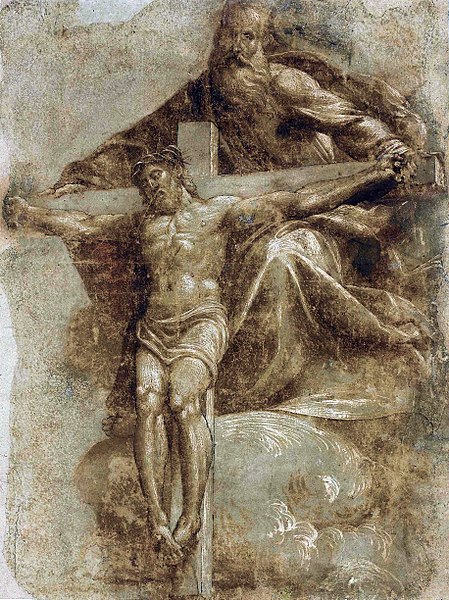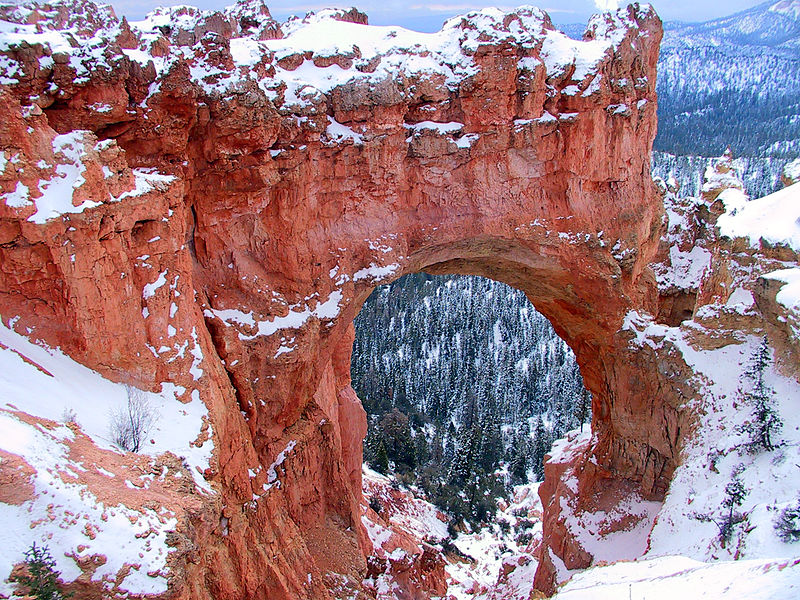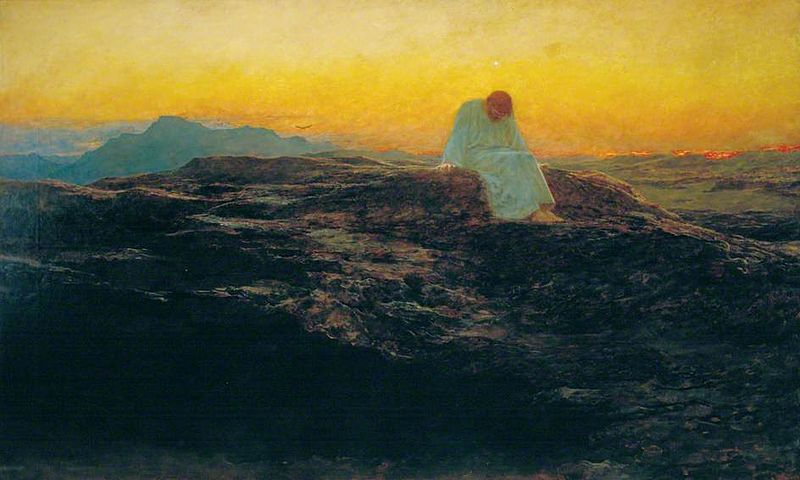 Watching for the Morning of June 7, 2020
Watching for the Morning of June 7, 2020
Year A
The Feast of the Holy Trinity
The Trinity is not an abstract concept. It is not an attempt to define the indefinable. It is not an ontological description of the divine. It is a promise. It is the promise that Jesus the crucified is the face of God. It is a promise that the Spirit that inflames, comforts, teaches, guides, empowers, confronts, and upholds is the breath of God. It is a promise that the birth of the world is in the same suffering, healing, forgiving, love manifest in Jesus. It is a promise that the breath that blew over the primal waters is the same life-giving breath in us and the same breath that will, in the age to come, govern every human heart.
The Trinity is a promise. God is not a judge on a throne waiting to weigh everyone on eternal scales; God is the mercy that lays down its life for the sheep. God is not the prime mover, winding up the world like a newly formed watch to let it run; God is the living heartbeat that calls forth life in every nook and cranny of existence. God is not fickle, like the gods both ancient and modern, whose favors and wraths are petty and unpredictable – bestowing bounty one moment then stealing it away. God is five loaves feeding five thousand and an ever-flowing stream.
The Trinity is promise, promise that the sorrows we see in the world, the hates, the fears, the grieving, the thieving, the suffering, the silencing, the extinguished breath – these are not our truth. Our truth is in the word that called forth the world, saw that it was good, and blessed it. Our truth is in the word made flesh who brought joy to a wedding, transforming water into wine. Our truth is in the Spirit poured out that proclaimed the praise of God in every language on earth. Our truth is creation made whole, Babel undone, hearts of stone become living beating hearts, the tree of life, and a river flowing from the throne of God like the river of Eden.
The Trinity is promise. And all that is to come rests in the arms of this promise.
The Prayer for June 7, 2020
O God of Abraham, Isaac and Jacob,
of Moses and Miriam,
of Ruth and David,
of Mary and Joseph;
God wrapped in mystery and wonder,
who breathed life into our first parents
and your Holy Spirit into all creation;
God who loves and fathers and sends
and is loved and begotten and sent;
help us to praise you rightly,
love you fully
and walk with you faithfully;
through your Son, Jesus Christ our Lord,
who lives and reigns with you and the Holy Spirit,
one God, now and forever.
The Texts for June 7, 2020
First Reading: Genesis 1:1 – 2:4a
“In the beginning when God created the heavens and the earth.” – The first chapter of Genesis tells of the creation of all things by God’s word, God’s declaration that the creation is good, God’s blessing of humanity, and their commission to care for the earth.
Psalmody: Psalm 8
“What are human beings that you are mindful of them, mortals that you care for them?” – The psalm celebrates the majesty of God and marvels at the position of honor and responsibility God has given to humanity by entrusting God’s wondrous creation into their care.
Second Reading: 2 Corinthians 13:11-13
“The grace of the Lord Jesus Christ, the love of God, and the communion of the Holy Spirit be with all of you.” – In his final greeting at the close of his letter to the believers in Corinth, Paul uses the familiar language that ultimately leads to the development of the doctrine of the Trinity.
Gospel: Matthew 28:16-20
“Go therefore and make disciples of all nations, baptizing them in the name of the Father and of the Son and of the Holy Spirit.” – Following Pentecost, we return to the Gospel of Matthew, resuming here at the end of the Gospel because of the Trinitarian name: Father, Son and Holy Spirit. With these concluding words, the risen Jesus declares his abiding presence among his followers and sends them to make disciples of all nations.
+ + +
Images: https://commons.wikimedia.org/wiki/File:Pordenone_Holy_Trinity.jpg; Il Pordenone / Public domain



 During Lent each year our parish focuses upon one portion of the catechism – this year, the Apostles’ Creed. The themes of the coming five Sundays are: Created, Redeemed, Called, Gathered, Enlightened.
During Lent each year our parish focuses upon one portion of the catechism – this year, the Apostles’ Creed. The themes of the coming five Sundays are: Created, Redeemed, Called, Gathered, Enlightened.
